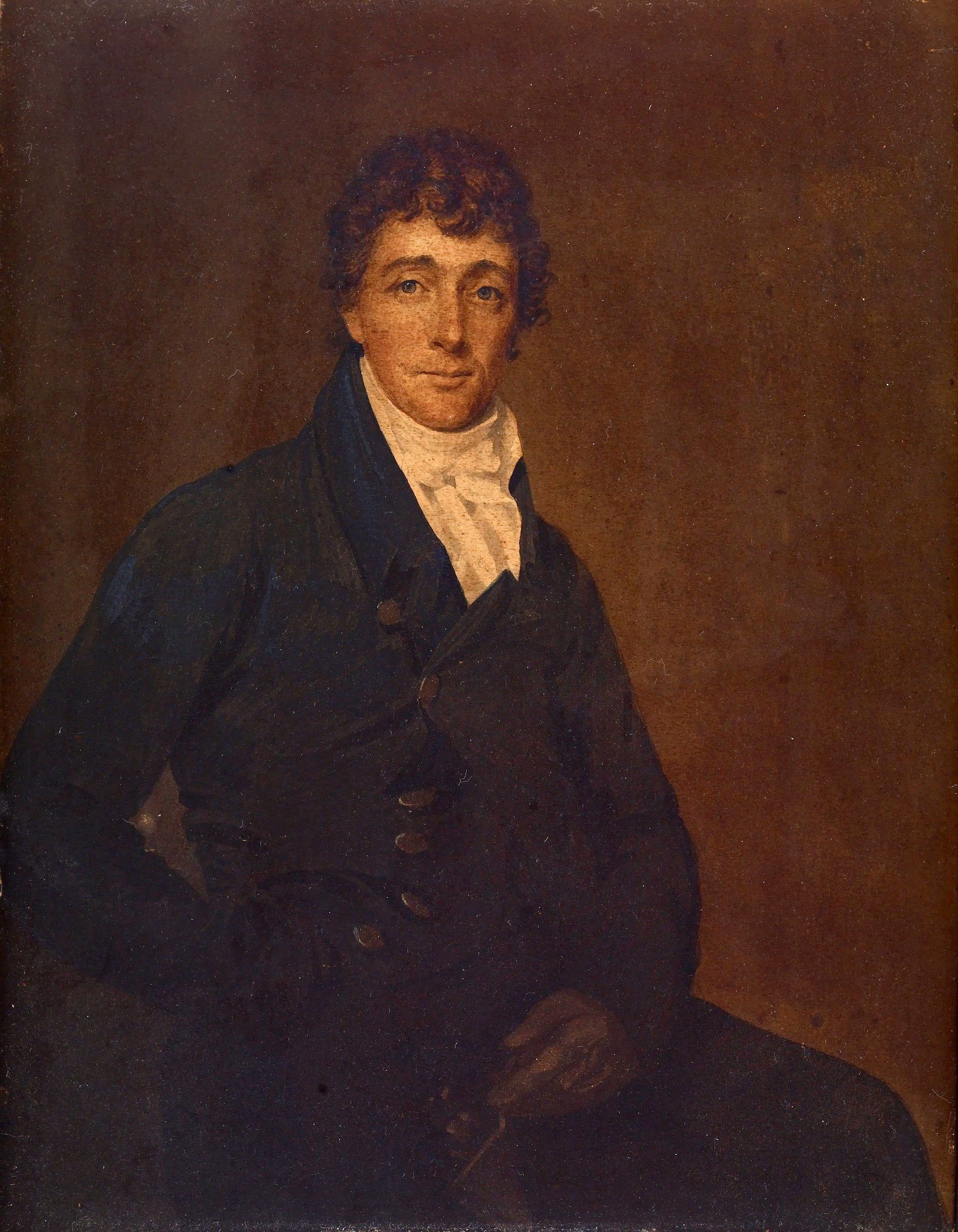The Star-Spangled Banner
Words by Francis Scott Key; tune "To Anacreon in Heaven," 1814 |

 |
(Tell the story of Francis Scott Key's writing the "The Star-Spangled Banner.") Why was Key surprised to see the flag still flying over Fort McHenry after the battle? How had the War of 1812 been going for America? |
 |
The anthem's first verse is so familiar that we don't listen anymore! Yet most of us have never heard the other verses. Read the whole song and write what Key is saying in your own words. What are the messages of this song? How suitable are these messages for our national anthem? |
 |
What makes a good national anthem, both lyrics and words? Singing ease, majestic sound; a subject that most agree on; focus on things that bind us together as a nation, what we love about our nation, etc. Use the list as criteria to evaluate the "The Star-Spangled Banner." How "good" a national anthem is it for the United States? |
|

"The Star-Spangled Banner" performed by Anna Case (1917) (verses 1 & 3)
"The Star-Spangled Banner" performed by Thomas Chalmers (1917) (verses 1 & 2)
Anna Case (1888–1984) was a lyric soprano who sang with the Metropolitan Opera and as a concert soloist. She was also the first native-born Metropolitan Opera diva to have no formal training. Case also established herself as a concert singer, making many recordings for the Edison company during its "Diamond Disc" period. Case became Thomas Edison's favorite soprano, as she sang with practically none of the vibrato that disturbed his injured ears.
Thomas Chalmers (1881–1966) was a baritone soloist with the Boston Opera Company and the Metropolitan Opera (1913–1921). He eventually became a popular stage and film actor. |

View the lyrics for "The Star-Spangled Banner"
View the published score. |
|

 |
Portrait of Francis Scott Key by Joseph Wood, c. 1825. |
Francis Scott Key was a successful Baltimore lawyer who wrote a small book of poetry (published posthumously). He wrote this poem on April 13, 1814, after witnessing the British bombardment of Ft. McHenry in Maryland during the War of 1812. Originally known as "The Defense of Fort McHenry," Key's text describes his feelings when he found the flag was still flying the next morning. The third verse was not part of the original text by Key, but was added by the noted poet Oliver Wendell Holmes (1809–94) during the Civil War.
The well-known tune "To Anacreon in Heaven," dating from 1775, is attributed to John Stafford Smith. It was the "theme song" of the Anacreontic Society of London, a gentlemen's club. The original lyrics by Ralph Tomlinson refer to Anacreon, an ancient Greek poet whose works celebrated the delights of wine, women, and song. The popular tune was used in the US for dozens of parodies between 1790 and 1818.
The "The Star-Spangled Banner" did not become the national anthem until 1931. The question has often been raised whether "America the Beautiful" may be a more appropriate national anthem. |


